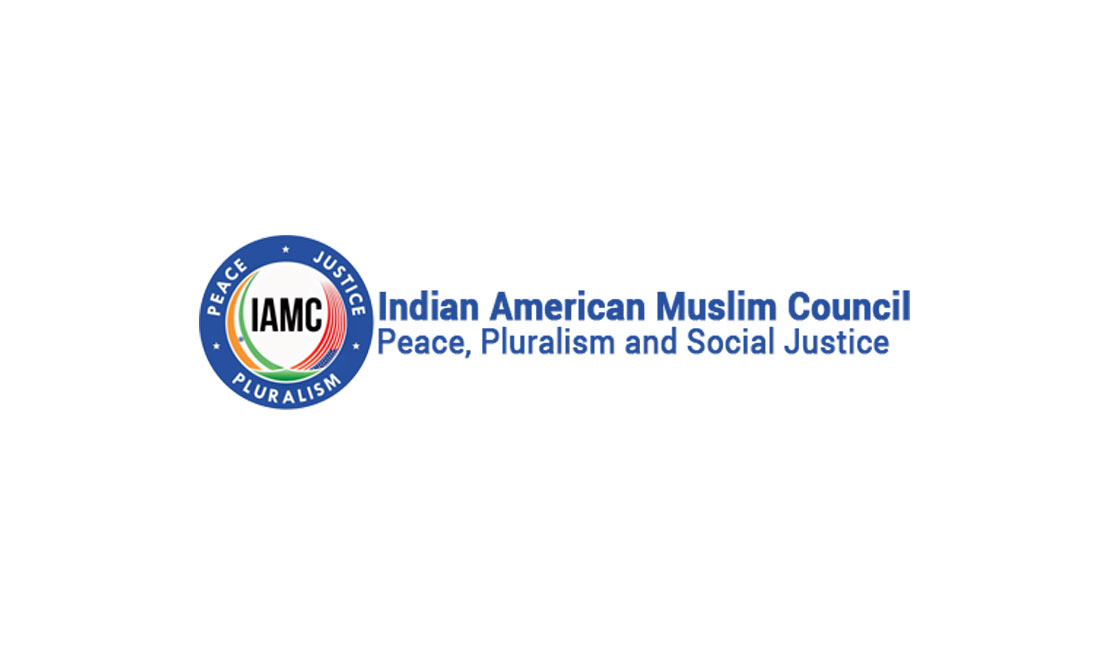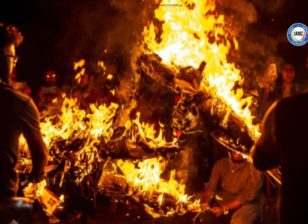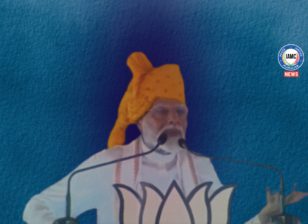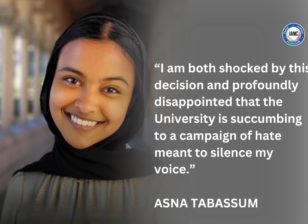Indian American Muslim group expresses disappointment at the Court verdict on Babri Masjid Ayodhya issue
For Immediate Release
Friday Oct 1, 2010
Indian Muslim Council-USA (http://www.imc-usa.org) an advocacy group dedicated to safeguard India’s pluralist and tolerant ethos has expressed that a historic opportunity to establish that the judiciary shall ensure that rule of law prevails regardless of political or other expediency, and to earn international respect for our
Indian institutions and acumen, has been lost. “We had expected objectivity not political consideration from the courts. By passing judgment based on religious beliefs rather than on facts, the High Court has set a disturbing precedent” said Rasheed Ahmed, President of IMC-USA.
“It is troubling that the High Court has chosen to ignore the archeological evidence and scientific evidence and ruled based on the emotions and beliefs of the parties in the dispute. I hope that the Supreme Court will be able do the course correction in the interest of justice and not give in to political considerations.” said Ahmed. Carbon dating conducted during previous investigations had revealed that the artifacts reportedly discovered during excavations were of very recent origin, hence disproving the existence of a Hindu temple at the Babri Masjid site.
IMC-USA expresses its serious reservations at the Archeological Survey of India’s (ASI) report. From the very beginning, ASI has blatantly violated every basic norm of an archeological investigation to help in arriving at a pre-determined conclusion. For instance, ASI did not carbon date the excavated animal bones although they clearly exhibited cut marks, and chewed fragments – which along with un-burnt human skeletons shows this area to have been in-habited by Muslims, prior to the building of Babri Masjid. ASI deliberately did not use the thermo luminescence dating on the excavated pottery – as these tests would have conclusively proven these artifacts excavated from below the Babri Masjid to be from the Sultanate period, and not from a Hindu period. The “pillar bases of a Hindu Temple” reported by the inexperienced GPR firm, turned out to be mere heaps of brick bats without any hollow pillar base marks; further, these brick bat heaps would have been unable to support a stone column; leave alone supporting a load bearing stone column that supports a “temple’s” masonry roof and other structural components. These heaps of brick bats were actually used to fill holes under a pre-Babri Masjid Eidgah’s Lime-mortar floor. No footings or foundation walls were discovered – which would have been essential to support “temple walls”. ASI has conveniently ignored to explain that the magnitude of lime-mortar and surkhi construction material discovered during ASI’s excavations clearly points to only one conclusion – that the unearthed western burnt brick wall running north-south with the Mihrab Niche could only have been built during the Sultanate Era – and is clearly a Muslim Eidgah structure – not part of any Hindu temple.
IMC-USA calls upon the Supreme Court to have the full-bench examine the case in a fast-track manner and deliver its verdict.
IMC-USA appeals to all sections of the Indian society to maintain peace and harmony. IMC-USA is relieved that Indians have remained calm and peaceful after Ayodhya verdict and no reports of violence or wild celebrations were reported. IMC-USA requests the Government of India to continue to take measures to ensure safety and well-being of all citizens.
“We call upon the Government of India to expedite the judicial cases filed against those accused of Babri Masjid demolition on December 6th, 1992 including L.K. Advani and 67 others as identified by the Liberhan Commission”, added Ahmed.
In order to deter any future encroachments of places of worship and minimize further religious tension, IMC-USA calls upon the Government of India to reiterate that it will forcefully implement the Places of Worship (Special Provisions), 1991 Act. A clear and unambiguous communication from the Government of India would remind the nation that the 1991 Act prohibits the change in the status of any place of worship as it existed on 15
August 1947 and bars any and all claims by anyone for all times to come.
Contact: Rasheed Ahmed
phone/fax: 1-800-839-7270
email: info@imc-usa.org
References:
Summary of Judgments: Allahabad High Court verdict on Babri Masjid Ayodhya case
http://babrimasjid.info/2010/09/verdict-on-the-babri-masjid/
Force of faith trumps law and reason in Ayodhya case
http://www.hindu.com/2010/10/01/stories/2010100163711400.htm
Verdict makes me feel like a 2nd-class citizen
http://timesofindia.indiatimes.com/india/Verdict-makes-me-feel-like-a-2n…
Prime Minister cautions people against ‘disruptive elements’
http://economictimes.indiatimes.com/articleshow/6660109.cms
Liberhan Commission Report inquiring into the demolition of Babri Masjid
http://imc-usa.org/reports/liberhan.comission.report.inquiring.destructi…




